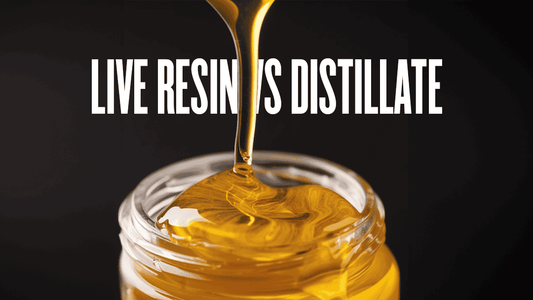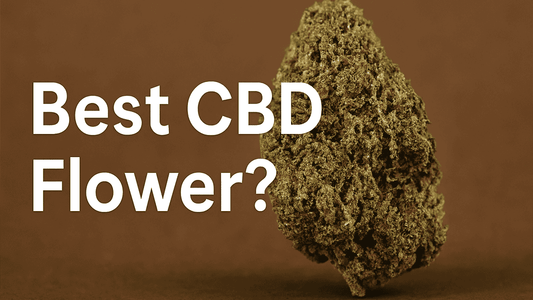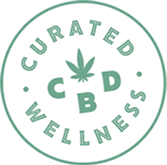Why Did Curaleaf Have To Recall Thousands of Medical Marijuana Products?

On March 31 2021, New York signed a bill that made Marijuana legal. In addition, the state of NY put the Office of Cannabis Management (OCM) in charge of forming the regulations that would guide this new legal industry.
The OCM instructed cannabis companies to measure the potency of their flowers by using wet, not yet dried cannabis. Cannabis tested fresh from a live plant has a much lower potency than dried cannabis. During the drying phase, moisture leaves the flower, and chemical compounds within the cannabis flower concentrate, as seen in lab tests.
In July, Curaleaf stopped testing its flower in its wet form and, without the permission of the OCM, started measuring and labelling their potency in their dry state. As a result, customers noticed a dramatically higher strength reading on Curaleaf products compared to other state brands.
Curaleaf enjoyed an increase in sales from July until the OCM told them to regulate their products. The potency label on cannabis products is one of the main things customers look at when considering a purchase. As other regulated cannabis companies were complying with the OCM request to label the potency of cannabis in its wet form, Curaleaf could market itself as the most potent on the market.
"A flower with a potency of 20% THC in its fresh form can measure as high as 35+% THC once dried. The higher the potency of a flower's cannabinoids, the more sales of that item we see," said co-founder of The Goods.
What Curaleaf Have To Say

We have yet to see a response to why Curaleaf chose not to consult the OCM before changing their labelling process. However, the company has come forward with reasons for going down this path.
Stephanie Cunha, a Curaleaf spokesperson, told NY Cannabis Insider that dry weight "is considered the most accurate metric for THC content on any type of cannabis sample".
"Neighboring states such as Connecticut, New Jersey and Maryland all require testing based on dry weight," she said.
Curaleaf has a point. Testing cannabis in its dry form is more accurate than in its fresh and live state, as supported by ACS Laboratory. Unfortunately, customers seem to have not been adequately informed of the change in testing procedure, unfairly taking potential sales away from fair-playing cannabis brands.
What's The Biggest Problem With What Curaleaf Did?

So far, we've discussed how Curaleaf potentially unfairly took sales from companies that played by the regulations set out by the OCM. However, we think the consumers are the biggest group to lose out in this situation.
Many medical cannabis users depend on particular strengths of cannabis flower to alleviate their ailments. For those reliant on products they had been purchasing before Curaleaf's label discrepancy, those patients could have jeopardised their health by buying products that have a much weaker effect on them.
The effects of inaccurate labels can also harm consumer confidence in cannabis products. Due to our experience working in the CBD industry, we know this problem very well. If customers find a remedy with a particular potency but stumble upon a product mislabeled, they may lose confidence in cannabis and choose pharmaceutical alternatives instead.
You should note that this is not the first time that Curaleaf, one of the largest cannabis companies in the world, has made a big labelling mistake. In 2020, Oregon regulators fined Curaleaf a record $110,000 for misrepresenting its marijuana vapes. The company had incorrectly described its vapes as 100% marijuana when they contained additives.
They've been scrutinised for other alleged improper products, such as CBD oils containing high THC levels.
Summary

Many would assume that cannabis legalisation is the solution to eliminating unethical trading practices. It certainly has reduced some of the violence associated with the trade. Still, the actions of Curaleaf are oddly reminiscent of some of the issues we see in the UK underground. Few trust a dealer's potency claims, knowing they don't have access to legitimate testing equipment and have an unregulated amount of marketing power. It's unsettling that even with all the regulation, money and resources, a large company like Curaleaf would mistreat their customers in such a way.

 4.6 Rating. Excellent.
4.6 Rating. Excellent.






